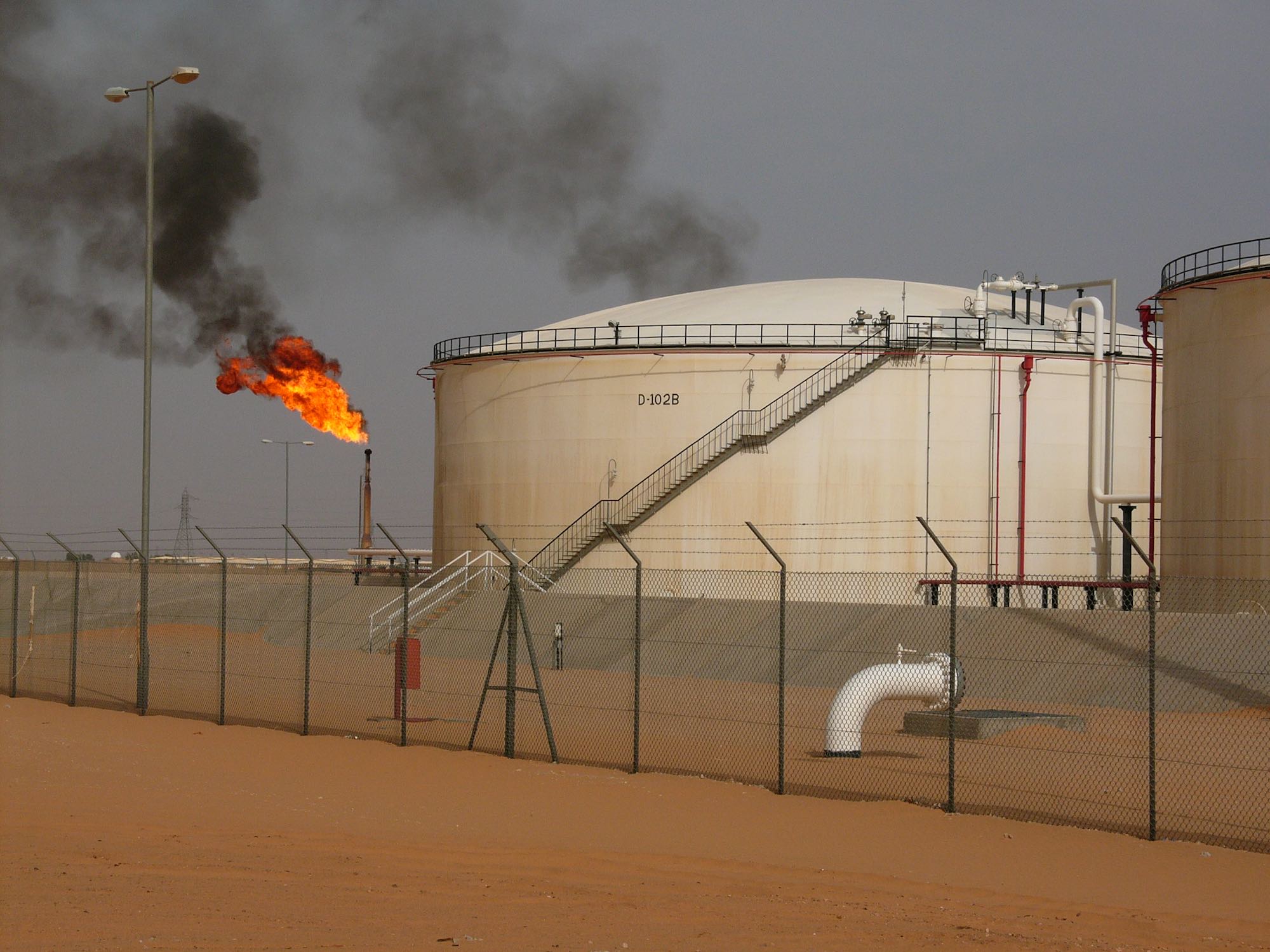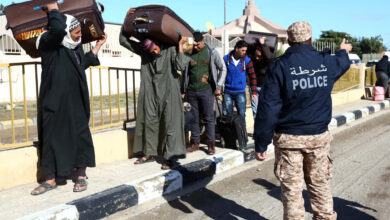Armed men stormed the headquarters of Libya’s National Oil Company on Monday, September 10, according to witnesses, who said a blast and gunfire were heard from the site.
The witnesses reported casualties in the attack on the building near the center of the capital Tripoli, which they said was on fire and surrounded by security services. Staff, including staff, including the NOC chairman Mustafa Sanallah, were evacuated.
Two people were killed and 10 wounded, the health ministry said. Sanallah confirmed to the Libya 218 news channel that staff members had been killed and others wounded, some of whom were in a “serious condition.”
“The security services are looking for gunmen in the building, but our priority is to evacuate the civilians stuck inside,” said Ahmed Ben Salem, a spokesperson for al-Redaa, a militia that operates as Tripoli’s police force.
“The situation is under control,” he said.
He was not able to provide details on the identity of the attackers.
An oil company official, who asked not to be named, said masked gunmen had exchanged fire with guards and attacked the firm’s headquarters.
“I jumped out of the window with other colleagues, and then we heard an explosion,” the official said.
No group has so far claimed the attack.
It comes four months after suicide bombers struck the headquarters of Libya’s electoral commission, killing 14 in an attack claimed by Islamic State.
Libya’s vital oil sector has been repeatedly disrupted by violence since a 2011 NATO-backed rebellion that toppled longtime leader Muammar Qaddafi.
Petrochemical exports had accounted for the vast majority of state revenues under Qaddafi’s rule, with production at 1.6 million barrels per day.
But since his ouster, output fell to about 20 percent of that level, before recovering to more than one million barrels per day by the end of 2017.
Oil producers’ cartel OPEC has estimated Libya’s oil reserves at 48 billion barrels, the biggest in Africa.
Two rival governments and a range of armed groups are struggling for control of Libya and its resources. Clashes that began in late August between rival groups in Tripoli killed at least 47 people before a ceasefire was brokered last week.
With reporting from AFP








